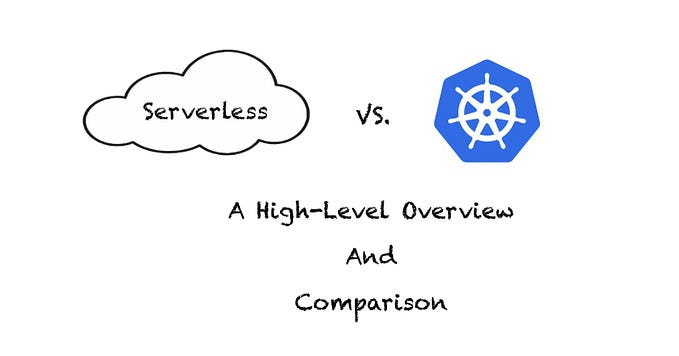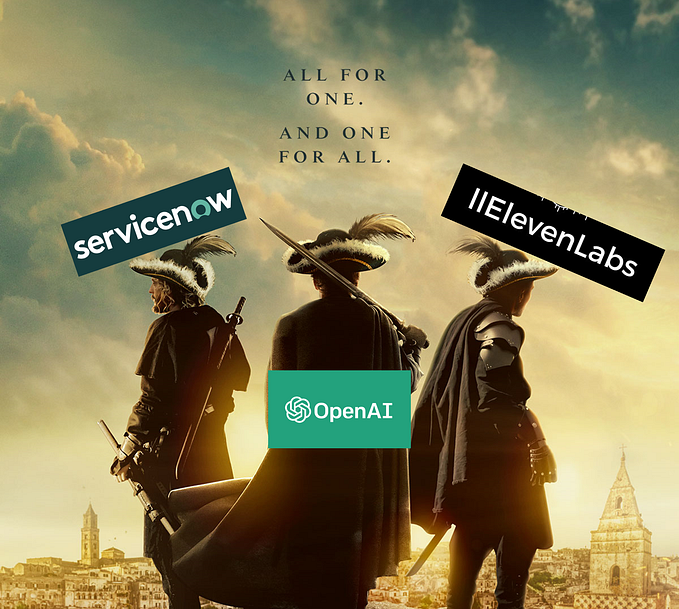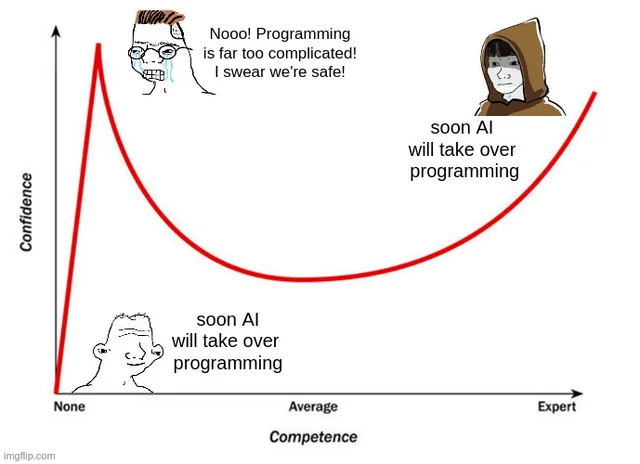Member-only story
An Introduction To WebAssembly

I have spent a significant part of my dev career in web development, and nothing else excites me more than WebAssembly.
Let me introduce you to the language that will not only change the web but even more.
What Is WebAssembly?
WebAssembly (short: Wasm or WASM) is a binary instruction format for a stack-based virtual machine.
It’s a byte-code that can be executed and mainly targets the browser and the web (hence the name).
WASM has two formats:
- A binary format that executed by WebAssembly runtimes
- A human-readable text format for debugging purposes
You can convert one to the other and back again.
WebAssembly was first announced in 2015, and in November 2017, all major browsers had support enabled by default.
It currently exists in version 1.0 while being actively worked on to advance it even further.
Even better: It’s standardized!
The goal of WebAssembly
WebAssembly is not a language you should write yourself.
Its goal is to create a compilation target for other languages like C/C++, Rust, Python, etc.









